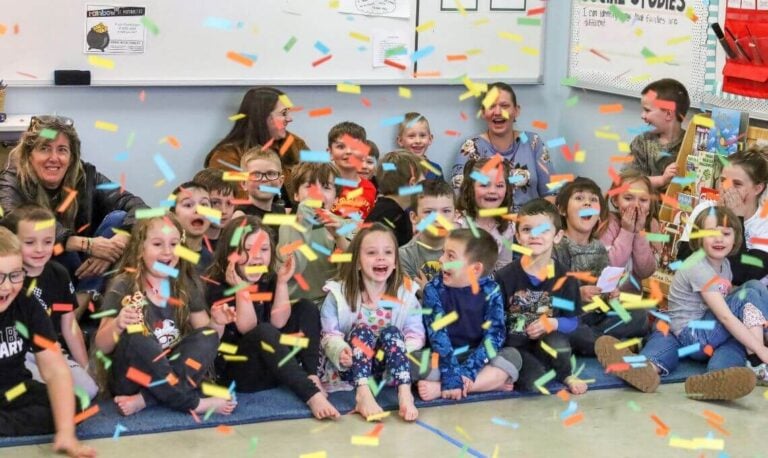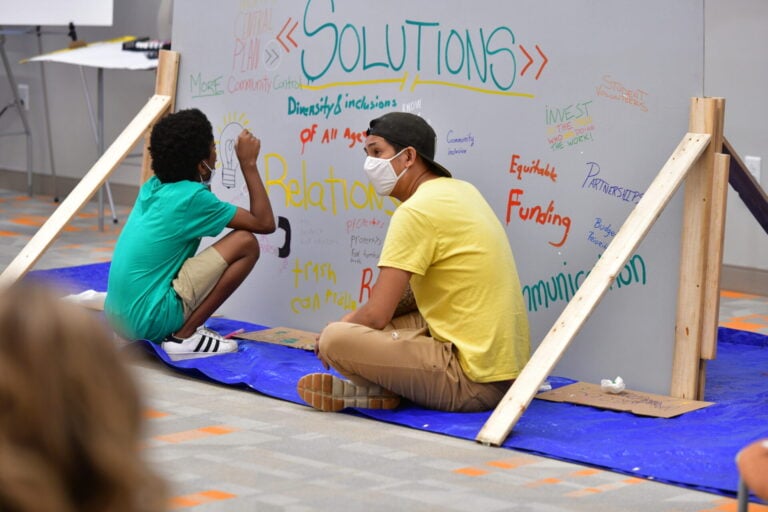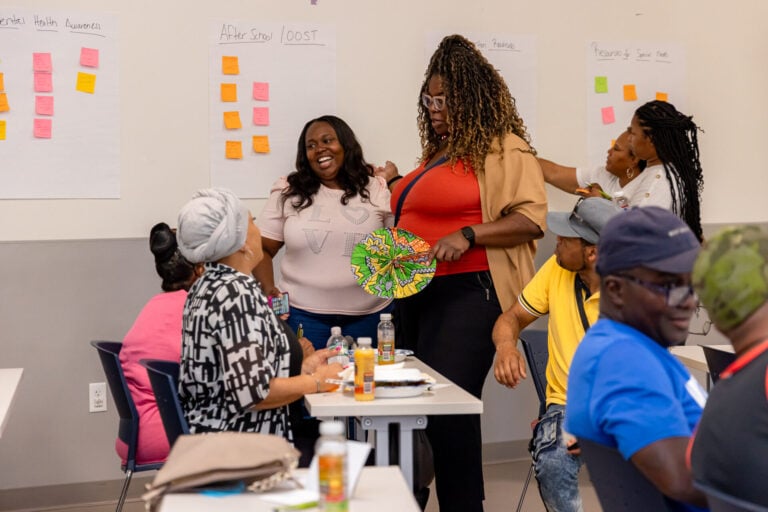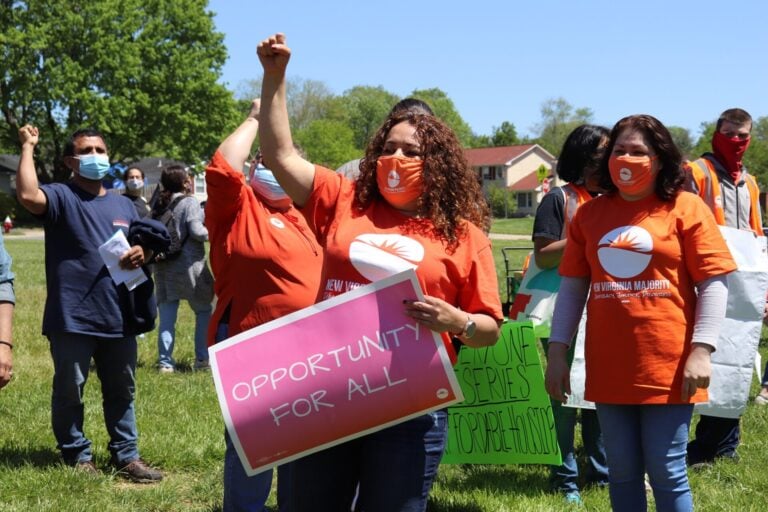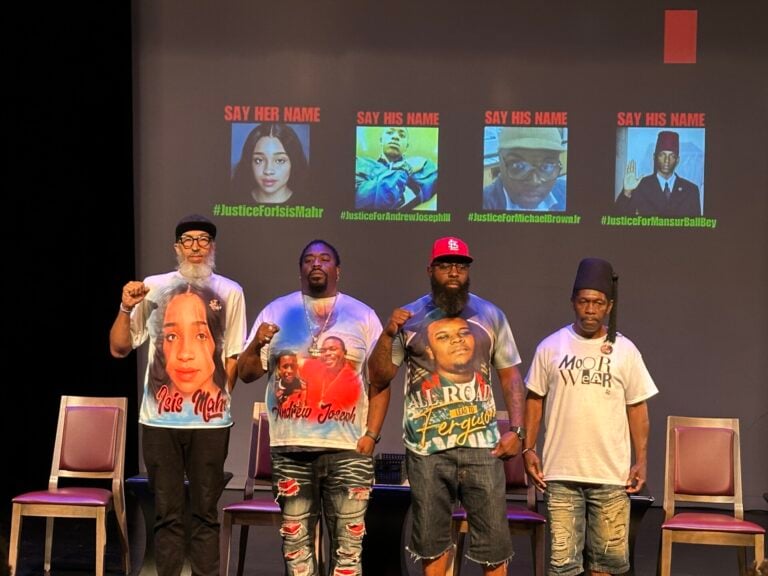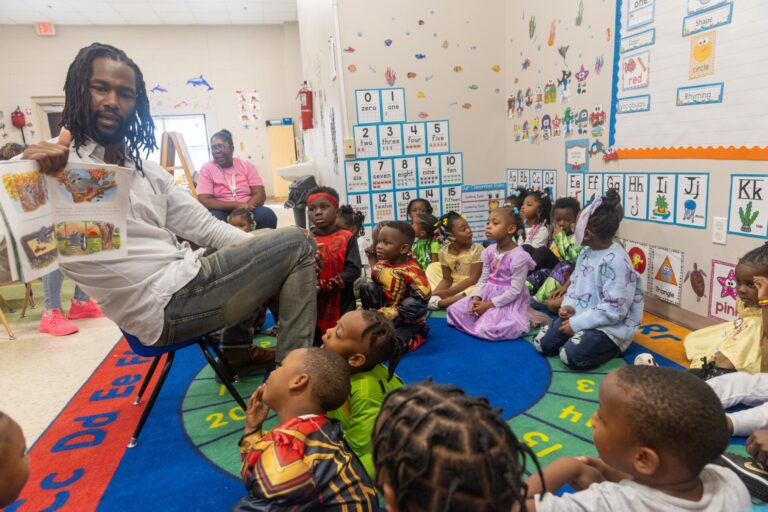“You could have heard a pin drop,” says Carolyn Valli, executive director of Central Berkshire Habitat for Humanity, describing the reaction of a stunned crowd at a town-hall meeting about issues faced by the low-income neighborhoods of Pittsfield, Mass.
An African American man had just stood up to say that he was generally satisfied with the availability of social services in the area. But, he went on to say, when he does access assistance: “I’m treated as less than human.”
Carolyn recalls that the hair on the back of her neck stood up, and the room fell silent. Then, she says, “the floodgates opened” and residents, government officials, nonprofit-agency staff, and public and private funder representatives, all at the meeting, began talking openly about issues of race and culture in Pittsfield communities.
The town hall, one of 16 that Habitat helped host in the area, was part of a broader feedback process Habitat was participating in, supported by Fund for Shared Insight. Habitat and other community leaders expected to hear from residents primarily about challenges related to employment, public transportation, and school funding. But much of the feedback focus was on what Carolyn calls issues of “cultural competency and social exclusion.”
Surveys revealed that African American residents and lower-income residents felt less respected in the community than did white residents and residents of greater means. The surveys also found that some Hispanic residents felt disenfranchised because of language barriers.
Getting these issues out in the open has been critical, Carolyn says, with progress already made with simple solutions — like providing more translators and translated materials — and the start of work on more complicated ones. Already involved in a public-private initiative called Berkshire Bridges Working Cities, Pittsfield has been focusing on community building, and now, Carolyn says, the effort has valuable input from residents describing their lived experiences.
“We are hearing from residents,” she says. “Connecting them to this broader vision for our city, listening and working together toward creative solutions.”


